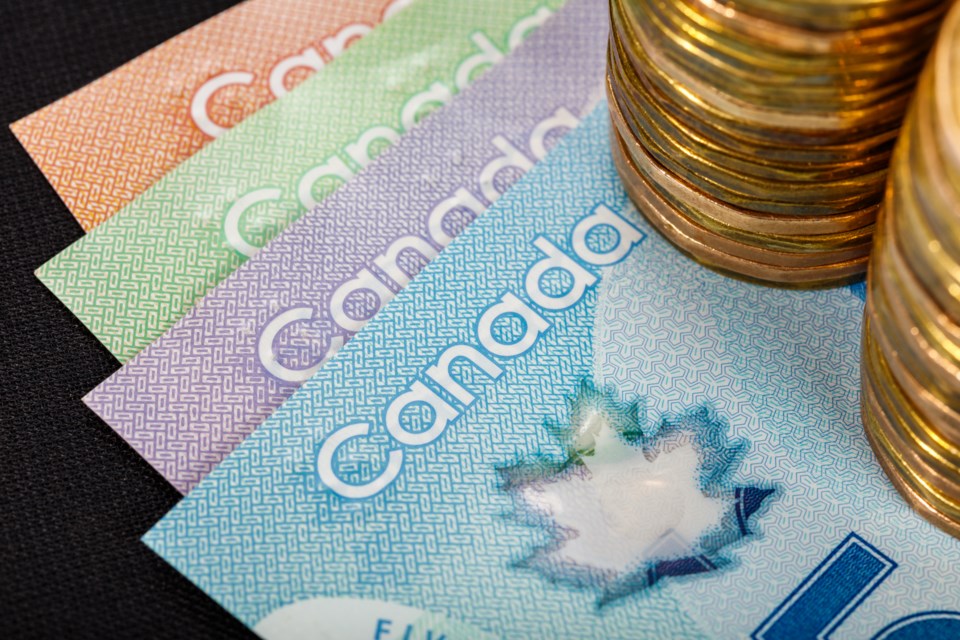I have always been fascinated by economics, particularly monetary policy. Perhaps some of that can be chalked up to my paternal grandparents who witnessed three different currencies pass through Germany before they were 30, then finally a fourth in the form of the Euro as senior citizens. Conversely, we have had the same dollar since 1867. But all of that is about to change, as the Bank of Canada undertakes consultations regarding a digital currency.
If you would like to weigh into that discussion, there is a survey to be filled out on our central bank’s website. Those who print our currency and set our interest rates have put up a disclaimer in their post on these public consultations that a Central Bank Digital Currency is still far away: they are simply gathering data as well as sketching out what implementation might be like. In order for a CBDC to come about it would require an Act of Parliament, which is supreme.
Before we dissect what it might mean when a group of bureaucrats, particularly central bankers, begin to discuss an entirely novel idea with the public while designing the infrastructure but assuring us such a course of action is far in the future, let us define “money.” While what we use today is actually “currency” - a debt note issued by an authority - not money, its function is to act as a medium of exchange, a storage of value, and a keeping of account. Let’s call it cash.
Cash, be it in your wallet or on a plastic card, has replaced the bartering system, as it is far easier to use cash for counting, exchanging, and retaining value than the raw materials that we purchase with it. In recent years, particularly since cash was untied from precious metals or even a basket of goods for the basis of its value, the question of “storage of value” has loomed large for many people. In short, the purchasing power of a dollar has decreased dramatically.
As rational animals in an economic universe, we have made all sorts of market decisions to either stretch the value of our cash or to find a new vehicle in which to store our value. From crypto currency to the casino stock market to insane housing prices, all of this is tied up in the fact that as the cash supply is inflated and a dollar decreases in value, people choose vehicles that appear resistant to inflation in order to retain value and increase their economic prosperity.
It’s a runaway train: printing more currency creates higher prices which in turn increases consumer panic or speculative risk taking, and the whole bubble just keeps getting bigger until it finally pops, then the devil catches the hindmost. The solution to this conundrum is known by every monetary theorist, banker, or guy on the street who’s failed to be paid back by his pals: interest rates must remain steady and high enough to punish bad choices in the marketplace.
But that would require sacrifice, and our central bankers are not interested in helping us discipline our spending in an economy that is based on consumption as well as a great deal of waste. Instead, to counter people using non-monetary vehicles to hold value, particularly crypto currency, which also acts as a medium of exchange and a keeping of account, while being nigh untraceable as well as uncontrollable by any nation-state, the plan is to implement the CBDC’s.
In essence, a CBDC will bring blockchain to every transaction. Requisitions, purchase orders, cheque numbers, and receipts matching for payment is required by business; imagine that applied to everything from ritz crackers to real estate, within your payment method itself. And instead of the malleability of cash being in the hands of the user, we the people, it will be in the hands of the issuer: the central bank can ration what CBDC can be used for in real time.
That is the glorious future imagined for us by the central bankers. Again, consultations are underway - feel free to express yourself to the architects of all our economic malaise. Or else, one day we all might say: in Soviet Canada, you no have money - money have you!
Nathan Giede is a Prince George writer.



